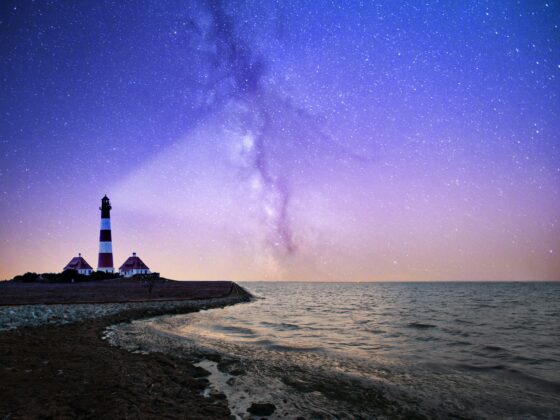
More Americans plan to travel this holiday season than in recent years, yet financial concerns are influencing travel decisions and patterns. Deloitte’s 2025 Holiday Travel Survey finds that for the first time in at least five years, more than half of surveyed Americans intend to take trips between Thanksgiving and early January. Much of this increase is driven by those staying with friends or family rather than in paid accommodations. Planned trip length and frequency, as well as overall budgets, are generally down compared with last year.
Underlying these tighter travel plans is a more cautious financial outlook. Many Americans report being worse off financially compared to a year ago. High-income travelers are leading this trend, which could have a broad impact on travel spending across airlines, hotels and destinations that rely on premium demand.
A notable generational shift is also evident. Gen Z and millennials are expected to make up half of the traveling public for the first time. These younger travelers plan more trips than older generations and are increasingly shaping how Americans plan and book their holidays. Their influence extends to travel research and decision-making, with many using generative AI for trip planning and short-form social video for inspiration.

While travel intent remains strong, frugality is evident. Travelers are planning fewer flights and hotel stays, and many are choosing to drive instead of fly. Adjustments include shorter trips, scaled-back in-destination spending and more conservative choices in lodging.
“Many Americans are planning fewer flights and hotel stays, with tighter wallets in tow. Although our survey found that more consumers plan to travel to be with loved ones, they are hesitant to spend on extending and upgrading their trips. This is expected to leave many travel providers bracing for a softer winter. But those who lean into loyalty and shifting preferences, particularly among younger generations, could be better positioned to weather the journey ahead,” Kate Ferrara, vice chair and U.S. transportation, hospitality and services sector leader, Deloitte.
High-income households, traditionally responsible for a significant portion of travel spending, are expected to reduce both trip length and budgets. These adjustments are appearing across airfare, lodging and in-destination activities. Even those accustomed to higher spending are making more conservative choices, which could ripple across travel suppliers.
Generative AI adoption is growing rapidly for holiday planning, led by millennials and Gen Z. Travelers report using it mainly to research activities, attractions, destinations and accommodations. Research on restaurants is translating most directly to actual visits. Survey respondents also prefer to book directly with brands across flights, hotels and private rentals, reflecting a shift in booking behavior among digitally fluent travelers.
Luxury travel continues to be part of the holiday season, even amid tighter budgets. About one in four travelers qualifies as a luxury traveler, based on recent stays at properties considered luxurious. Among this group, Gen Z links luxury to the availability and quality of amenities, millennials associate it with on-property dining, and boomers value location. Luxury travelers are more likely to book first-class air tickets and give higher weight to service quality and loyalty programs when selecting accommodations.
“Despite economic uncertainty, holiday travelers appear to be plugged-in and ready to roam. More surveyed travelers are embracing AI tools to seamlessly craft personalized adventures. What’s more, respondents are willing to splurge on a luxurious experience. Travel providers who focus on innovation and engaging consumers across generations and income levels will likely have the opportunity to capture attention from those planning more travel in the new year.” Eileen Crowley, U.S. transportation, hospitality and services leader, Deloitte.
The 2025 survey underscores a season of leaner trips across the United States. While travel remains an important part of holiday plans, Americans are adjusting for financial pressures, generational trends and evolving technology use. Travel providers, hospitality businesses and destinations may see demand shift toward cost-conscious choices while still accommodating pockets of luxury and digital engagement among younger travelers.








